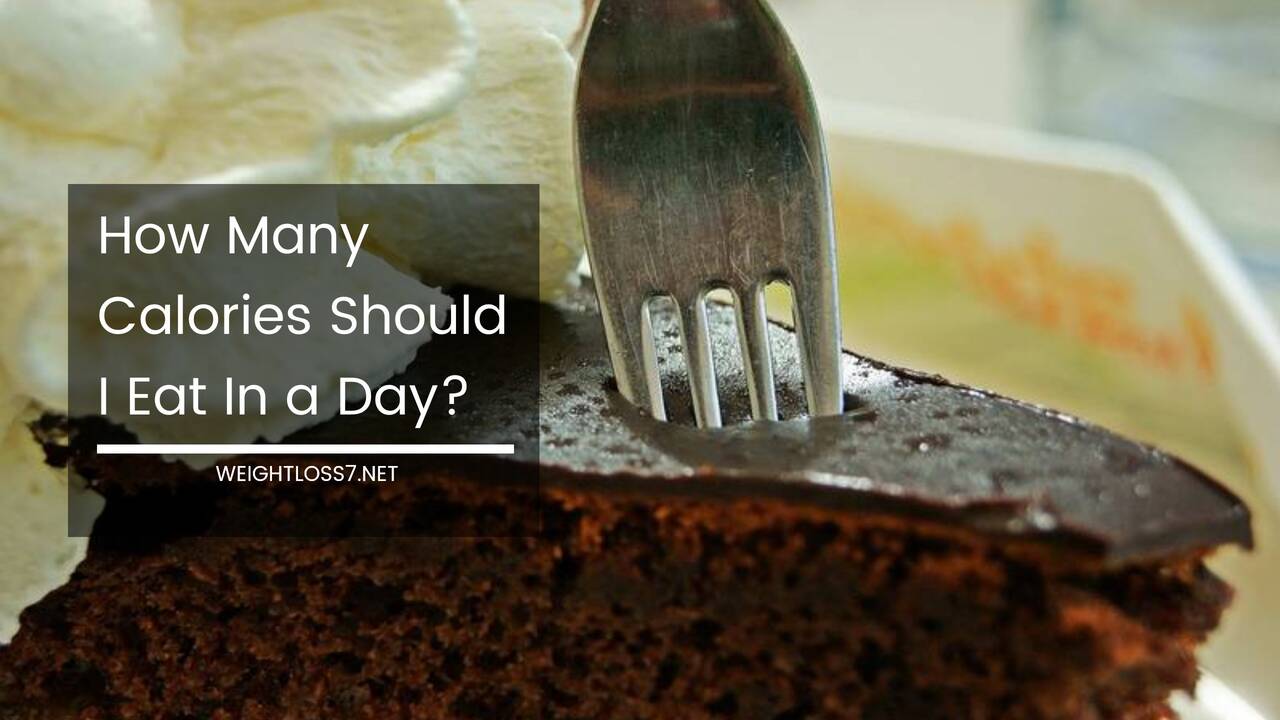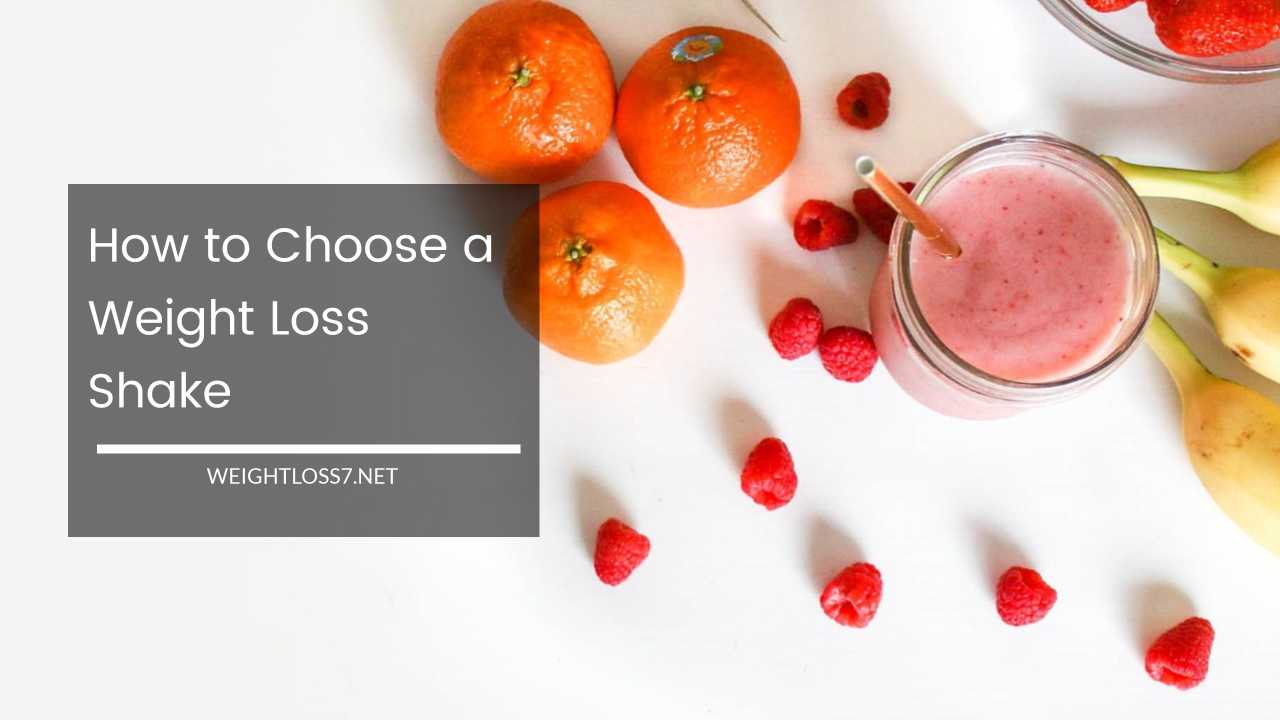Eating Early in the Day to Lose Weight

It has been said that those who are on a diet should not eat too many calories late in the day and now, there’s a new study to prove this.
This study states that those who eat more food earlier compared to those who eat at later times lose more weight.
This goes with the saying to eat breakfast like a king, lunch like a prince, and dinner like a pauper.
However, researchers don’t know why weight loss is greater for the early eaters, but one hypothesis was concluded that sugar is processed differently depending on the time of the day.
Here is more information about the research conducted in Brigham and Women’s Hospital, Tufts University and the University of Murcia in Spain.
The research, published on Jan. 29 in the International Journal of Obesity, was conducted in Spain, where the main meal of the day is lunch.
The 420 participants — all of whom were overweight and had similar calorie intake, sleep habits and levels of “hunger” hormones ghrelin and leptin — were split up into two groups: those who elected to eat before 3 p.m. and those who chose to eat after.
After 20 weeks, the researchers compared weight loss outcomes for both groups and found that the late lunchers lost less weight than the early eaters. What’s more, the late eaters lost weight at a slower rate than their early bird counterparts.
But before you bolt out of your office for an early sandwich, consider that the midday meal has a different meaning among the population studied.
In Spain, lunch accounts for about 40 percent of the average person’s daily calories, according to the researchers. For Americans, the most similar meal is likely dinner.
Previous research indicates that eating late is associated with a heavier weight. One 2010 study found that late meals have an impact on overall obesity risk.
And in a small 2011 study, researchers from Northwestern University’s Feinberg School of Medicine found that night owls tended to have heavier weights and poorer eating habits than normal sleepers.
One of the main reasons? While night owls ate about the same number of calories as normal sleepers, they consumed a greater proportion of those calories at the end of the day (on average, 825 calories at dinner and later, compared to the 630 calories consumed by the normal sleepers).
Of note for the Spanish study, the timing and content of the other meals didn’t have an impact on weight loss, although late lunchers were more likely to either eat less at breakfast or skip it altogether.
That is supported by additional research — skipping or under-eating breakfast is associated with eating a greater calorie consumption later in the day and with overall heavier weight.

















